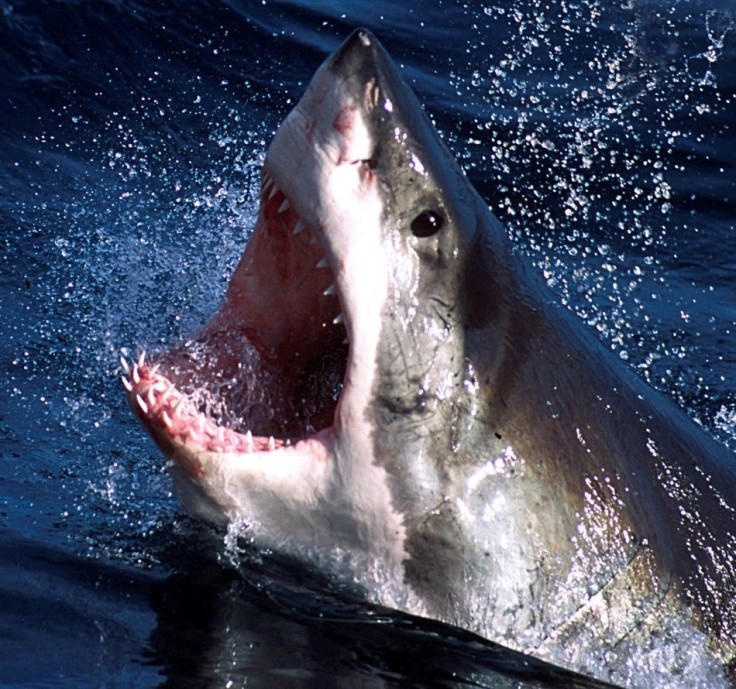Shark Attack 2012: Time For Humans To Smarten Up
Opinion

Australian Benjamin Linden was killed in a savage shark attack on Saturday. His was the fifth death in 10 months attributed to sharks off western Australia. In the wake of Linden's tragic death, many are jumping to the simple yet very wrong conclusion that sharks are the problem.
Western Australia is considered, along with the southernmost tip of Africa, to be one of the most dangerous areas of the world when it comes to shark attacks. These areas are so deadly because one of the main prey sharks feast on is seals, which there are a lot of on the southern tip of Africa and in the Indian Ocean next to Australia. Anyone who has seen Shark Week knows that when a human is paddling on a surfboard (or sitting in a kayak) the sunlight shines through the water, making the shadow of the surfer look just like a seal swimming on the surface.
Linden was bitten in half by the great white, which then swam away with part of his torso, according to Yahoo! The animal in question, which is estimated at between 12 and 16 feet long, had been seen in the area and even given the nickname Brutus. The fact that Linden was the fifth body to come out of the water still seems to have officials confused.
So confused in fact, that Western Australia Fisheries Minister Norman Moore said he was open to any suggestions from anybody as to where to go now, because we seriously have got a problem.
Moore's quote sounds like it's been ripped from the pages of the Onion.
Here's an idea for you, Norm, don't go in the water when there are sharks there.
Australians are considering taking great whites off the protected species list because of the danger the present to humans. There haven't been any reports of sharks killing people during a bank robbery or flipping out after one too many days delivering mail. When humans decide to swim and surf in a shark's territory, they are putting themselves at a serious risk, especially in South Africa or Western Australia.
Scientists speculate the recent attacks could be due to a rapidly rising population but it seems like it's an even tougher situation than that. The average number of shark attacks in Australia is about 15 a year, one is normally fatal. The problem is no one thinks it will be them.
I wonder if research might tell us that there are now a much greater number of great whites than ever before and maybe we should look at whether they should remain a protected species, Moore continued.
According to United Nations estimates, humans kill more than 10 million sharks every year. The director of the International Shark File, George Burgess, estimated the odds of being attacked (not necessarily killed) by a shark are one in every 11.5 million. We are more likely to be killed by dogs, bees, and especially cars.
To better protect people, it would literally make more sense for Norman Moore to go outside and slash his own tires.
Great whites are at the top of the food chain in the world's oceans. Even though their numbers are dangerously low the eating machines help control seal and fish populations. It also is just a flat out awesome animal that can go for up to three months without eating, hear sounds from up to 700 feet away, and are capable of swimming around the world.
The fact is that going in the water is dangerous. We humans are totally out of our element and don't view surfing as a dangerous activity when in reality the surfer is putting themselves at risk.
Even though sharks are massive, ominous monsters, humans are still smarter than them. It's time to start acting like it.
© Copyright IBTimes 2024. All rights reserved.





















